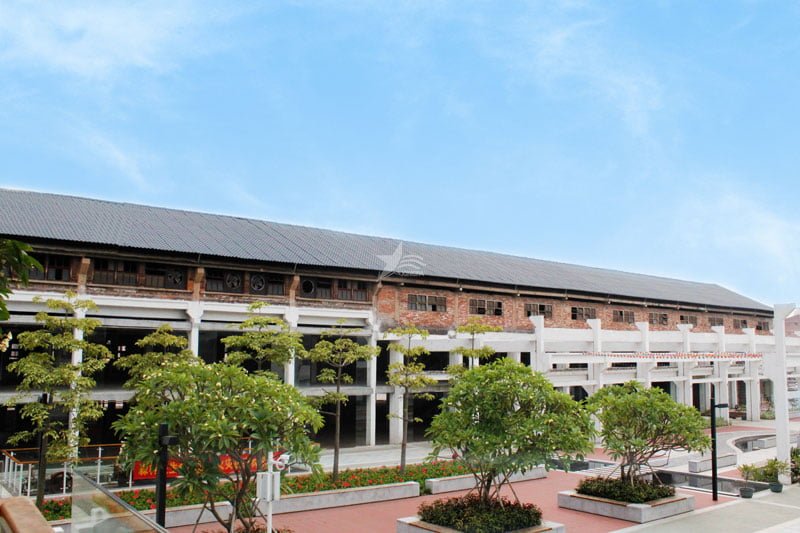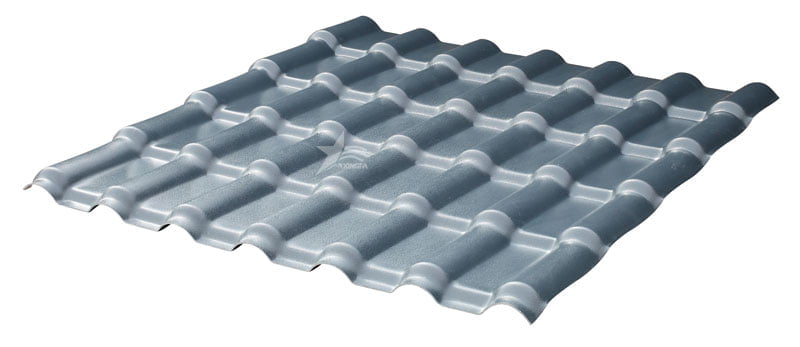What are the disadvantages and advantages of synthetic resin tile? There are many advantages of synthetic resin tile, but there are also disadvantages, which everyone should be aware of. Xingfa authors believe that manufacturers must explain the advantages and disadvantages of resin tile to customers, so that customers can make a choice after understanding the resin tile carefully. So what are the disadvantages and advantages of synthetic resin tile?

When the synthetic resin tile is between -30℃~-70℃, the shape of the tile will change due to temperature difference, which is what we often call thermal expansion and contraction. Therefore, we must strictly require the spacing between the lintel when installing the resin tile, otherwise the waterproof effect will be reduced due to thermal expansion and contraction.

The main raw material of synthetic resin tile is ASA, which will undergo physical changes at 180℃. Even if the cooling is successful, it may also cause deformation, so resin tile is not suitable for high temperature buildings such as cast steel.

However, there are still many advantages of synthetic resin tile, such as strong anti-corrosion and anti-aging performance, fire insulation, windproof and seismic resistance, thermal insulation and shock resistance. It can be said that the appearance is beautiful and the interior is safe, which is also the reason why everyone chooses resin tile in recent years.
